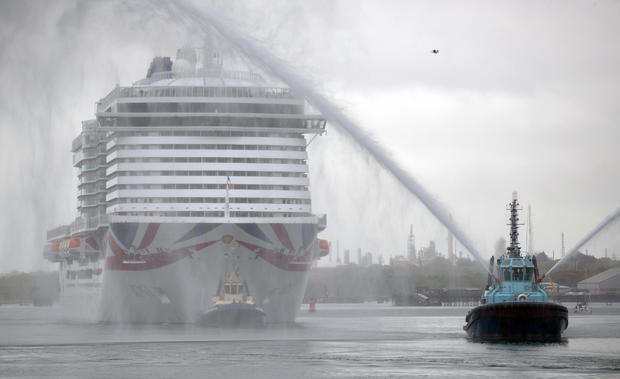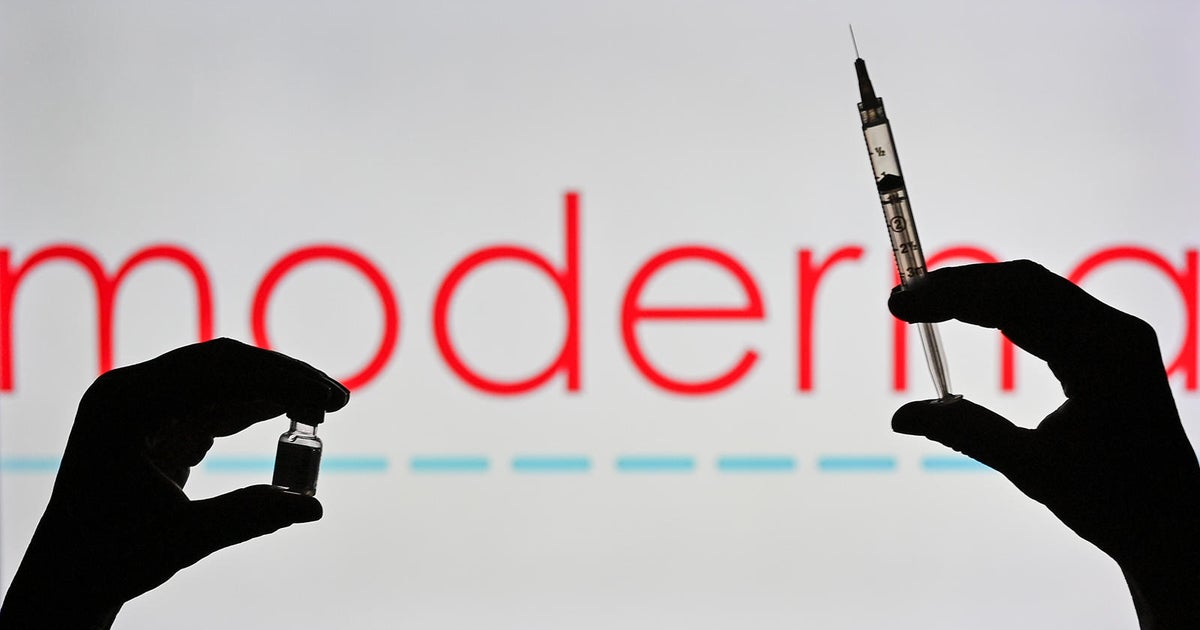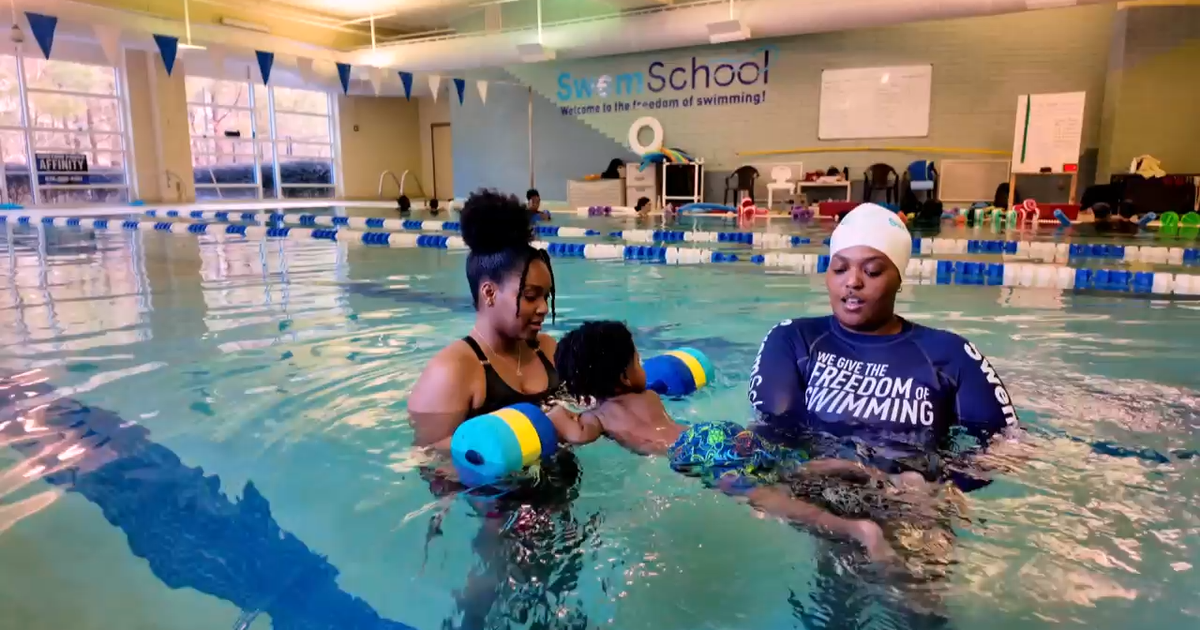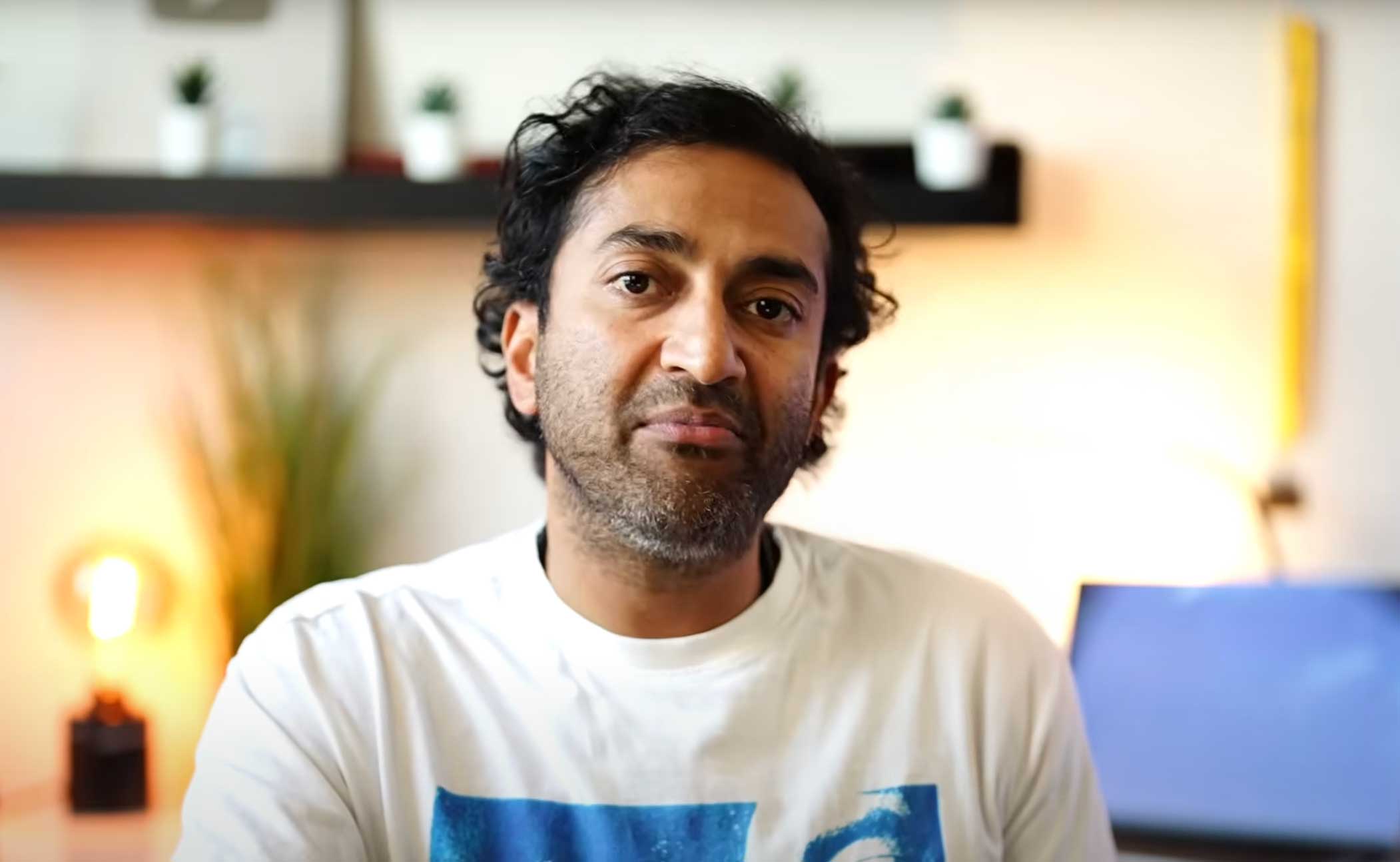As CDC clears 1st cruise line to sail in U.S. waters, industry banks on vaccines for a post-COVID rebound
Southampton, England — Royal Caribbean has become the first cruise line to get approval from the Centers for Disease Control and Prevention to sail in U.S. waters after more than a year of devastating, COVID-19-induced shutdown for the American cruise industry. The first ship will leave from Florida next month — carrying only fully-vaccinated passengers and crew, even though the state has banned so-called vaccine passports.
But as CBS News senior foreign correspondent Elizabeth Palmer reports, cruise ships are already on the move in Europe.
When the brand-new MS Iona sailed into the port of Southampton on England's south coast two weeks ago, she made quite the splash. As Captain Wesley Dunlop told CBS News, the vessel is "the newest, the biggest — the most technologically advanced" ship in Britain's pleasure cruising fleet.
Dunlop said he couldn't wait to take Iona's helm later this summer, when 5,000 passengers board for her maiden cruise to Scotland.
But memories of the floating nightmares last spring, as coronavirus outbreaks hit cruise ships around the world, haven't faded. There was the Zaandam, turned away by one country after another with a deadly COVID outbreak spreading on board. And of course the 2,500 people who spent their dream vacation in quarantine on the Diamond Princess as it sat anchored in Japan.
Travel writer Simon Calder told Palmer that the cruise industry is facing "a huge PR challenge… not least because the people who are the most susceptible to COVID-19 are older travelers — the absolute prime demographic for cruising."
Now, as ships tentatively set sail again, the industry is trying to build confidence.
Aboard one of the first British cruises of the season last week, Calder not only had to prove a negative COVID test but, like everyone else on board, he had to be fully vaccinated.
That's going to be the new normal for the industry, globally.
"We listen to our guests and what they want when they holiday with us," Paul Ludlow, President of the Iona's owner, PNO Cruises, told CBS News. "They overwhelmingly told us that they wanted to travel with fellow vaccinated travelers."
The coronavirus pandemic has cost the cruise industry $77 billion, and more than 160,000 jobs in the U.S. alone.
Now the re-launch is underway, but it may take a while to get back up to capacity as new protocols are put into practice.
Calder said it would be "years, certainly," before any return to what used to be considered normal for the industry. In the meantime, he said it was likely that many cruise passengers would look to remain closer to home.
Especially in the European market, he said "the domestic cruise is what we're going to see for some time."
"Single-country cruises are going to be here for some time, and a lot of passengers are probably going to say, 'actually, yes, we're happy with this. We don't want all the rigmarole that we associate with international travel,' which, of course, these days is extraordinarily complex."
And with the horror stories of COVID-19 on the high seas still fresh in the public's imagination, you might think the overall appetite for cruising would be down. But think again.
Elaine Spencer was among the passengers trapped in quarantine on the Diamond Princess last year. She's written a book about being marooned for so long, in such close quarters, with her husband.
"When I wrote the book, we both said that we're not sure if we're going to go on a cruise," Spencer told CBS News. "Ever again."
But a year is a long time on dry land, and over the past few months, Elaine and her husband changed their minds. Their next cruise, to New Zealand, is already booked.
She concedes that even her own children "think we're nuts."
But cruise companies are breathing a huge sigh of relief.
Loyalty like Spencer's will keep the industry afloat: Research by cruise companies shows that two out of three past customers are already planning their next trips.




